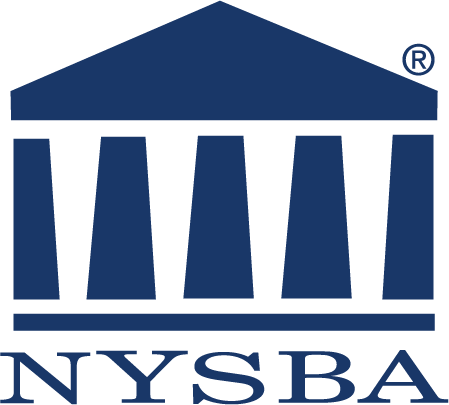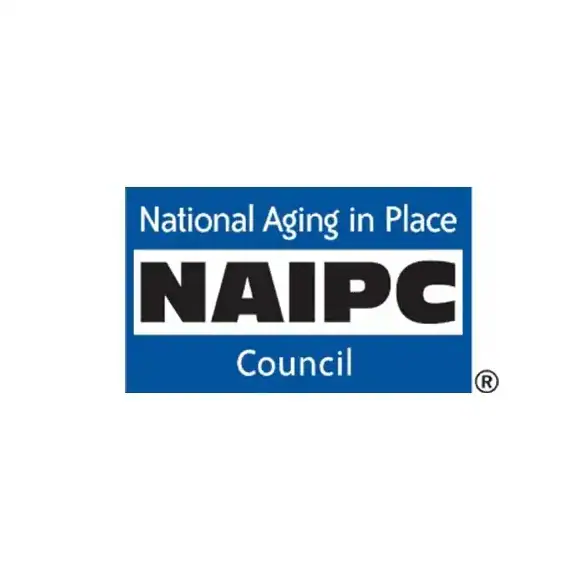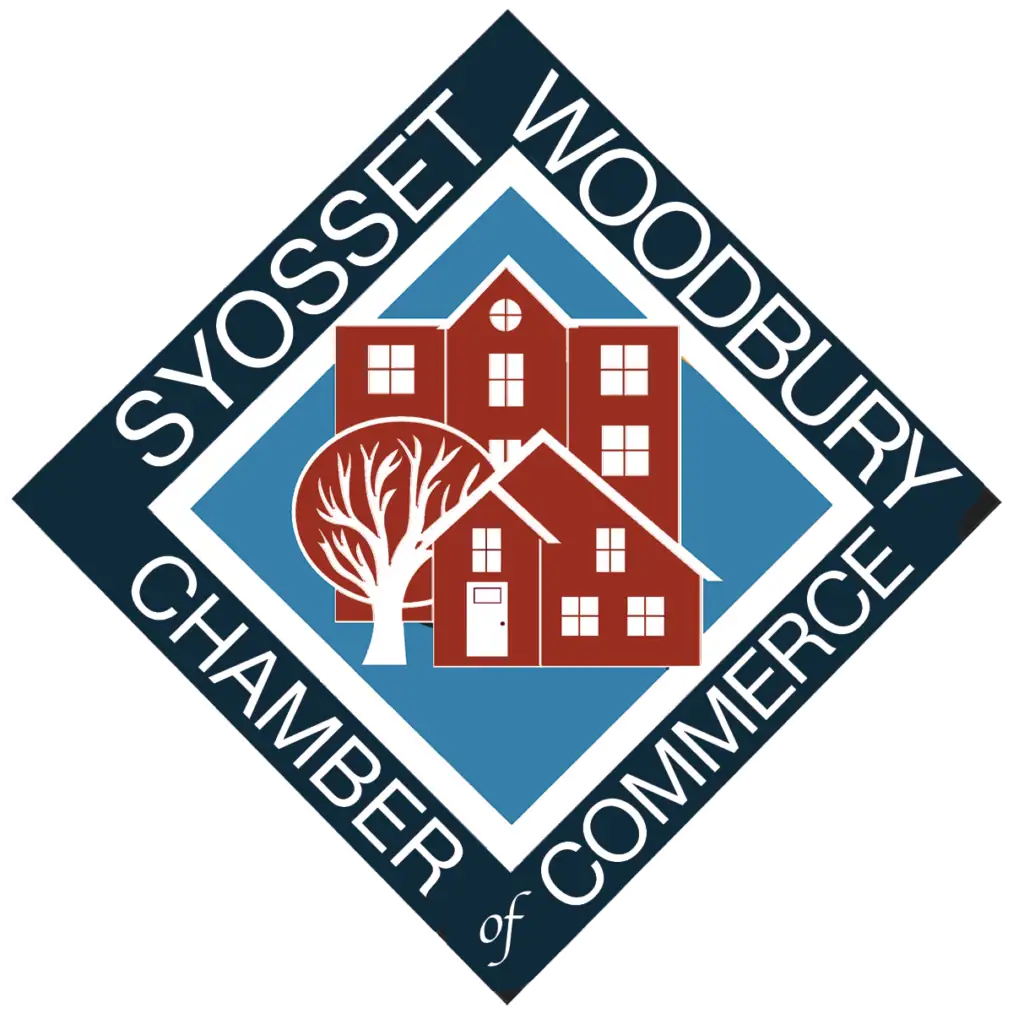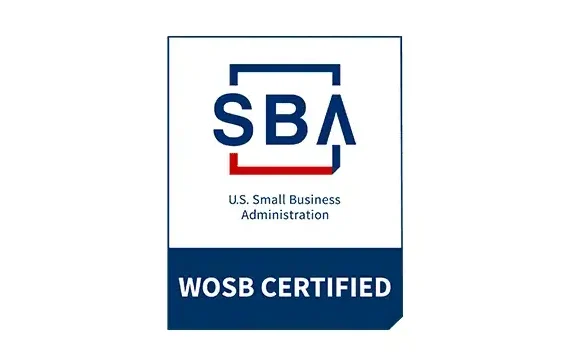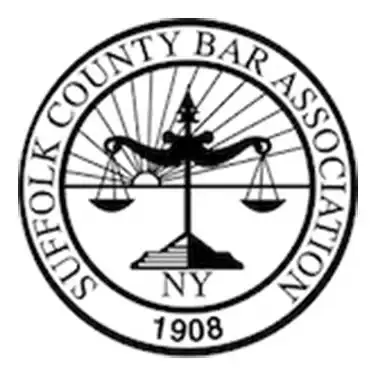Probate Attorney in East Meadow, NY
Navigate Probate Without the Overwhelm
Get clear guidance through New York’s probate process while protecting your family’s interests and your peace of mind during this difficult time.


Estate Administration East Meadow
When probate is handled right, your loved one’s wishes are honored, assets are properly distributed, and family relationships stay intact. You’ll have confidence knowing every legal requirement was met correctly.
No more sleepless nights wondering if you’re missing something important. No more family tension over unclear processes or delayed estate settlement.
Instead, you get a clear roadmap through the 7-month minimum probate timeline, professional handling of all Surrogate’s Court filings, and protection from personal liability as an executor.
Probate Lawyers Nassau County
We have been serving East Meadow and Nassau County families through some of their most challenging times. We understand the unique needs of Long Island homeowners and multi-generational families navigating probate court.
Our bilingual services in Spanish and Italian reflect the diverse community we serve. We offer home, hospital, and nursing home visits because we know that flexibility matters when you’re dealing with loss and estate administration.
This isn’t just legal work for us—it’s helping neighbors protect what matters most during difficult transitions while ensuring proper estate settlement.

Probate Process East Meadow
First, we review the will and assess what needs to go through probate versus what passes directly to beneficiaries. We then file the necessary paperwork with Nassau County Surrogate’s Court to get you appointed as executor and obtain letters testamentary.
Next, we help you inventory assets, notify creditors, and handle the required waiting periods. We guide you through paying valid debts and taxes before any distributions can be made to beneficiaries.
Finally, we prepare the final accounting and distribute assets according to the will’s instructions. Throughout the probate process, we handle court communications and protect you from personal liability while keeping beneficiaries informed.

Ready to get started?
Letters Testamentary Nassau County
Our probate services cover the complete process from start to finish. We handle all Surrogate’s Court filings, help you obtain letters testamentary, and guide you through asset inventory and valuation.
In Nassau County, we see many estates involving Long Island real estate, which requires special attention to property transfers and potential sales. We also handle the complexities that come with families who have members living in different states or dealing with intestate succession.
For East Meadow families, we understand the importance of preserving family homes and managing the financial pressures that come with estate administration. Our local knowledge of probate court procedures helps streamline the process while protecting your interests.




